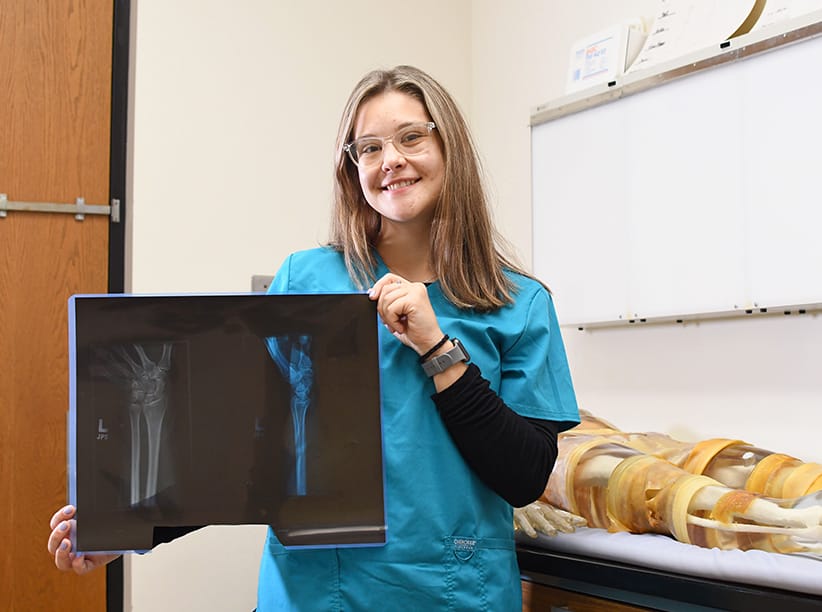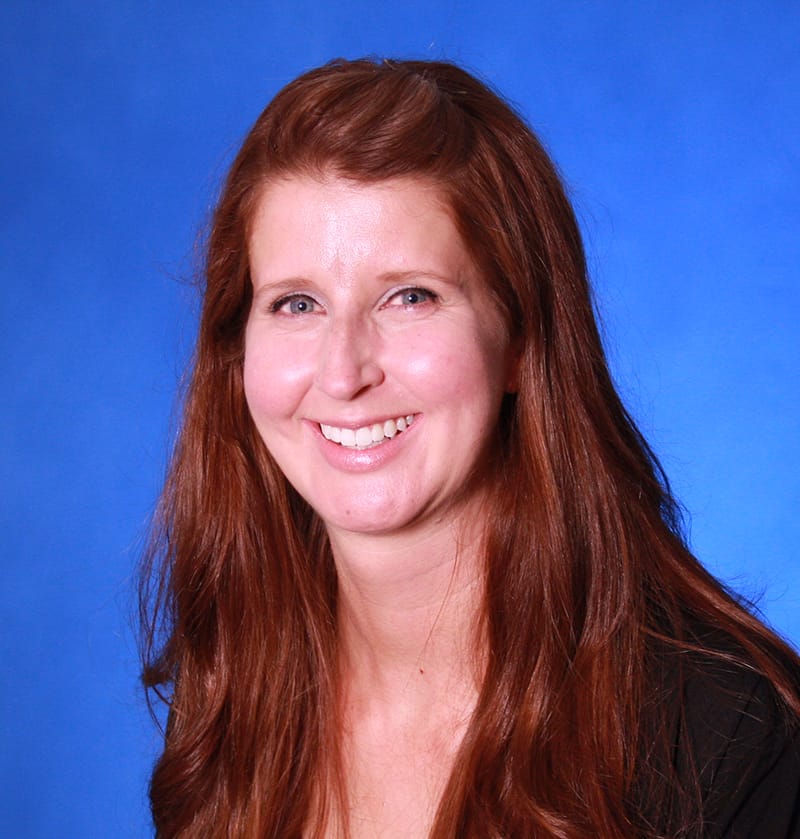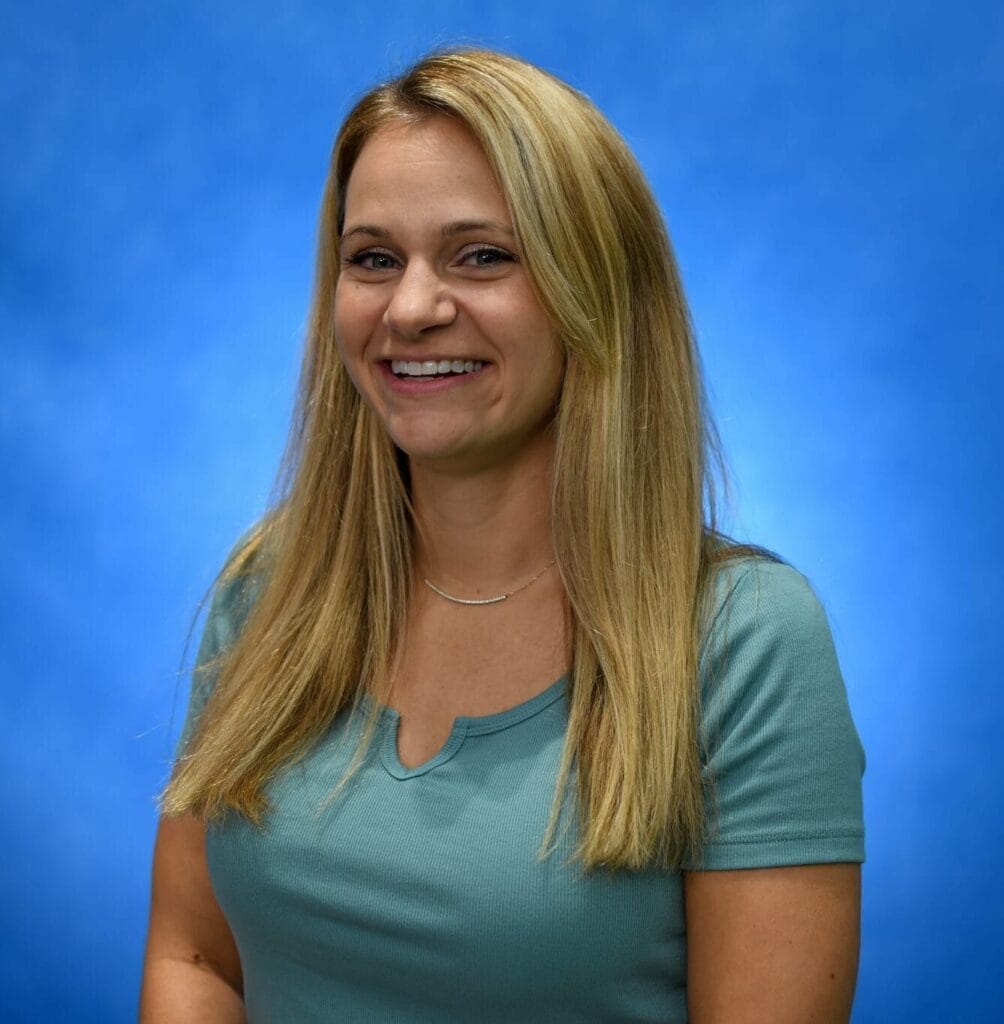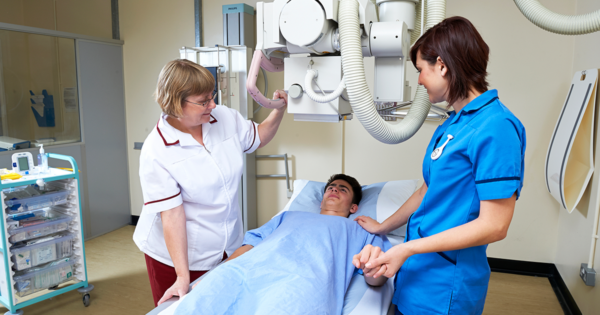Radiologic Technology, A.A.S.
Overview
SUNY Niagara’s degree program is rigorous and takes two years, including two summer sessions, to complete. The program includes lectures, laboratory, and extensive clinical experience. The program is designed to prepare students to possess the entry-level skills required of a radiologic technologist. The program is accredited by the Joint Review Committee on Education in Radiologic Technology and graduates are eligible to apply for the American Registry Examination for Radiologic Technologists (ARRT) and are recognized by the New York State Department of Health. Graduates must comply with the rules and regulations of the New York State Department of Health and ARRT before taking the credentialing examination. Enrollment is limited due to clinical availability.
SUNY Niagara Radiologic Technology Program was awarded full eight-year accreditation status in 2017, good through 2025.
The radiography program at SUNY Niagara is accredited by the: Joint Review Committee on Education in Radiologic Technology 20 North Wacker Drive, Suite 2850 Chicago, IL 60606-3182 312-704-5300 Email: mail@jrcert.org To view current award letter and program effectiveness data, please go to the JRCERT’s webpage: https://www.jrcert.org/programs/niagara-county-community-college/
Program Effectiveness Data
The following is the most current program effectiveness data for the AAS degree in Radiologic Technology at SUNY Niagara. Our accreditation agency, the Joint Review Committee on Education in Radiologic Technology (JRCERT), defines and publishes this information. Click here to go directly to the JRCERT webpage.
View Program Effectiveness Data.
Program Mission Statement, Goals, and Program Learning Outcomes
The mission of the SUNY Niagara Radiologic Technology program is to provide students with educational experiences to become competent, entry-level technologists within the health care field.
Goal 1: Students will demonstrate clinical competence Student Learning Outcomes.
- Students will exhibit proper positioning skills.
- Students will exhibit quality patient care skills.
- Students will practice radiation protection.
- Students will select technical factors.
Goal 2: Students will develop critical thinking skills Student Learning Outcomes.
- Students will perform image analysis.
- Students will perform non-routine procedures.
Goal 3: Students will demonstrate effective communication skills Student Learning Outcome.
- Students will demonstrate oral communication skills.
- Students will demonstrate written communication skills.
Goal 4: Students will display professionalism Student Learning Outcomes.
- Students will demonstrate professional behavior.
- Students will recognize ethical values.
Professional Licensure Disclosure
Effective July 1, 2024, federal regulation requires institutions of higher education to make a determination whether a Title IV eligible academic program that leads to professional licensure or certification meets the educational requirements for licensure/certification in the U.S. State where the institution is located and the U.S. States where “distance education” students are located at the time of initial enrollment in the program, as well as U.S. States where the program is advertised as meeting such requirements, and if applicable, the U.S. State where students attest they intend to be licensed/certified. The Radiologic Technology A.A.S. program at SUNY Niagara is registered by the New York State Education Department and thus meets the educational requirements for licensure/certification for New York State. Through a good faith effort, and for the purpose of complying with the federal regulation, we have determined that Radiologic Technology A.A.S. program at SUNY Niagara, if successfully completed, is sufficient to meet the educational requirements for licensure/certification in the following U.S. States:| State | Radiologic Technology |
| New York | https://www.health.ny.gov/professionals/doctors/radiological/ |
Virtual Information Sessions
Join us for one of our Virtual Sessions and learn more about the Radiologic Technology, AAS program. Session Dates: May 3, 2022 at 10:00 amProgram Spotlight
The Radiologic Technology Program is a two-year program that can lead to a diverse number of careers in the diagnostic imaging field. This program prepares students to take x-rays upon successful completion of the certification exam. But it can also lead to a career performing mammograms, CT scans, MRI scans, sonograms with a little additional education and training. It can also lead to a career as the manager of the diagnostic imaging department with additional education, which a number of our graduates have done. The opportunities to work in these fields range from hospitals, outpatient facilities, and doctor’s offices. Many of the graduates from the SUNY Niagara Radiologic Technology Program are providing care throughout the Western NY area. SUNY Niagara Radiologic Technology’s curriculum and its program of study meets the educational requirements by the Board of Regents in New York State to award an Associate in Applied Science Degree (AAS) with a major in radiologic technology. Graduates are eligible to take the certification exam through the American Registry of Radiologic Technologists (ARRT) and licensed through New York State upon successful completion of the certification exam. Other states may have different educational requirements for program completion and licensure requirements. SUNY Niagara has not made a determination of whether the curriculum meets the educational requirements for radiologic technology licensure in states other than in New York. If seeking licensure in a state other than New York, please contact that State’s Department of Health to review the requirement of that State’s licensing requirements.
SUNY Niagara Radiologic Technology’s curriculum and its program of study meets the educational requirements by the Board of Regents in New York State to award an Associate in Applied Science Degree (AAS) with a major in radiologic technology. Graduates are eligible to take the certification exam through the American Registry of Radiologic Technologists (ARRT) and licensed through New York State upon successful completion of the certification exam. Other states may have different educational requirements for program completion and licensure requirements. SUNY Niagara has not made a determination of whether the curriculum meets the educational requirements for radiologic technology licensure in states other than in New York. If seeking licensure in a state other than New York, please contact that State’s Department of Health to review the requirement of that State’s licensing requirements.
Data from the NYS Department of Labor predicts that New York will need approximately 15,560 new healthcare practitioners and healthcare technicians per year to meet the needs of the state’s health care system.
*Data taken from NYS Occupational Handbook

Program Contact
Michele Burke Program Coordinator Phone: 716-614-6416 Email: mburke@niagaracc.suny.edu Location: C-211 Division Office: 716-614-5940


